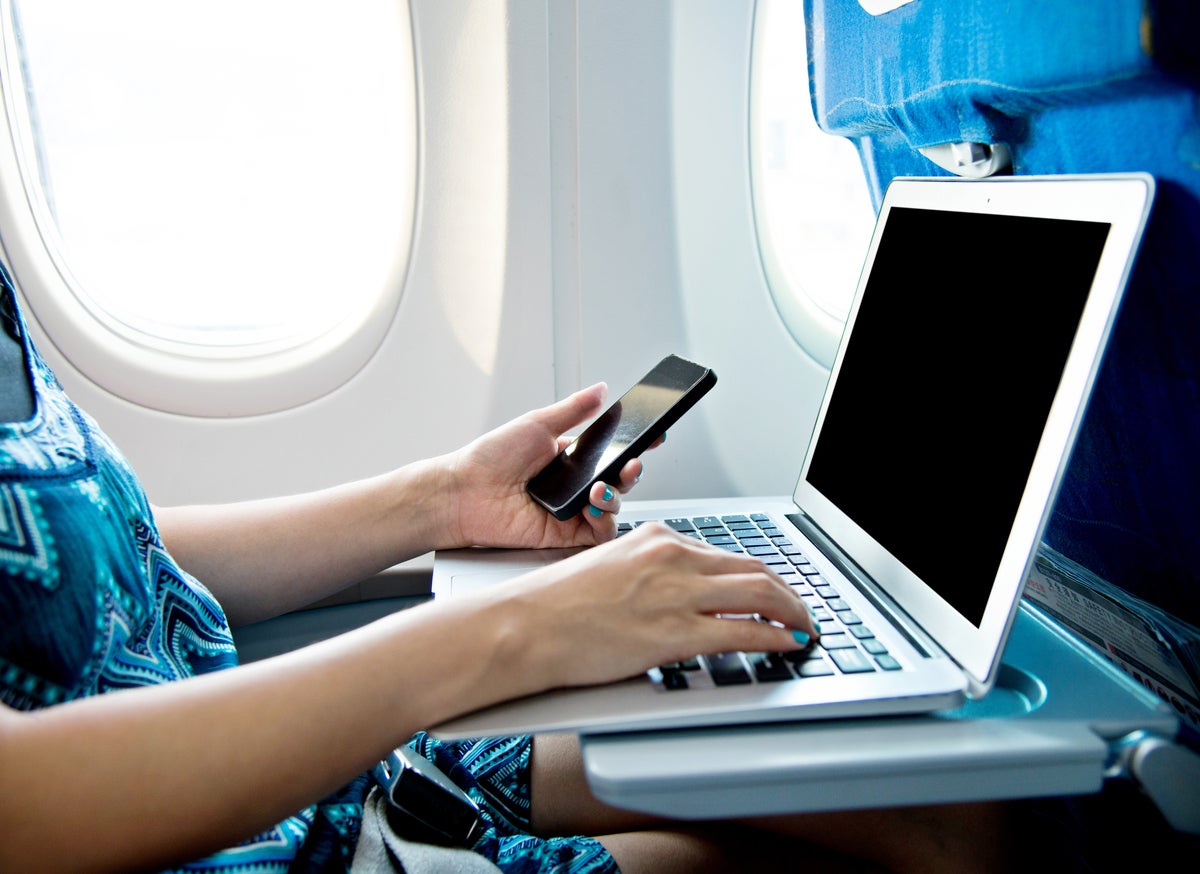US agrees not to bring in Europe-wide laptop ban - for now
Aviation safety experts expressed alarm at the potential unintended consequences

Your support helps us to tell the story
From reproductive rights to climate change to Big Tech, The Independent is on the ground when the story is developing. Whether it's investigating the financials of Elon Musk's pro-Trump PAC or producing our latest documentary, 'The A Word', which shines a light on the American women fighting for reproductive rights, we know how important it is to parse out the facts from the messaging.
At such a critical moment in US history, we need reporters on the ground. Your donation allows us to keep sending journalists to speak to both sides of the story.
The Independent is trusted by Americans across the entire political spectrum. And unlike many other quality news outlets, we choose not to lock Americans out of our reporting and analysis with paywalls. We believe quality journalism should be available to everyone, paid for by those who can afford it.
Your support makes all the difference.European negotiators have dissuaded US security officials from imposing a ban on electronic devices in the cabins of flights to America — at least for the time being.
Donald Trump and the US Homeland Security Secretary, John Kelly, are known to be concerned that terrorist cells are planning to attack passenger aircraft.
In March, the Department of Homeland Security rushed out a ban on electronic devices in hand luggage on flights from eight countries in North Africa and the Middle East.
Anything bigger than a mobile phone cannot be carried into the cabin of an aircraft flying from Jordan, Egypt, Turkey, Saudi Arabia, Kuwait, Morocco, Qatar and the UAE.
Soon afterwards the UK followed suit, except that Morocco, Qatar and the UAE were subtracted from the list and Lebanon was added.
Another oddity of the prohibition is that Emirates passengers to the US who travel on one of the flights that touches down en route in Milan or Athens are not affected by the ban.
Washington was determined to close that loophole, and has already briefed the three big US carriers — American, Delta and United — about the imposition of a ban. At present they are not affected, because only Middle Eastern and North African airlines fly the specified routes.
But European aviation safety officials are alarmed at the prospect of large numbers of electronic devices powered by lithium batteries being carried in the holds of passenger aircraft. Fires ignited by lithium batteries have been implicated in downing two cargo planes.
The British Airline Pilots’ Association said the US plan was potentially “catastrophic”.
A ban would also have placed immense strain on European airports, particularly Heathrow, at the start of what promises to be the busiest-ever summer.
At a four-hour meeting in Brussels, the US agreed not to impose a blanket ban. Further talks are to take place next week in Washington DC. Aviation sources say that Europe will seek to placate American concerns by promising closer scrutiny of laptops at the gate of US-bound flights, including routine electronic-trace detection.
If an agreement is reached, it will raise questions about the necessity for the US and UK bans on electronics flying in from specific countries.
Join our commenting forum
Join thought-provoking conversations, follow other Independent readers and see their replies
Comments